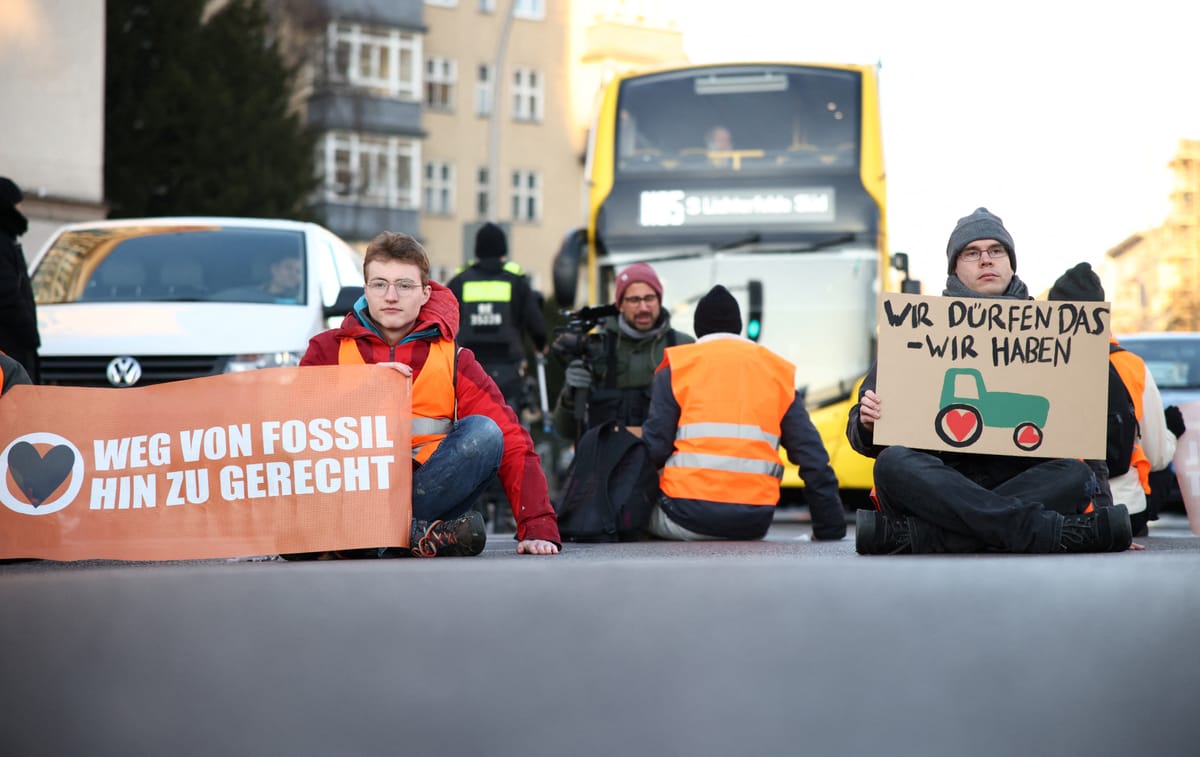In your feelings about climate change? You might have eco-anxiety
What is eco-anxiety?

A few minutes every morning is all you need.
Stay up to date on the world's Headlines and Human Stories. It's fun, it's factual, it's fluff-free.
What is eco-anxiety? The term has become commonly used among young people today to describe their “heightened emotional, mental or somatic distress in response to dangerous changes in the climate system,” according to the Climate Psychology Alliance. But what is the solution to having climate anxiety – should we see a therapist, or do we channel this into action?
A recent global study published in The Lancet, based on a survey of 10,000 young people from 10 different countries, showed that nearly 60% of them were extremely worried about the future state of our planet, with some even experiencing distress daily. The study also showed that 40% of respondents in Australia, Brazil, India and the Philippines said they’re hesitant to have children because of climate change.
This, and many other studies, show us that the current state and future of the environment is not just a threat to our planet but also our emotional well-being.
Many scientists have predicted that the world will likely surpass a safe temperature level (1.5 C higher than pre-industrial levels) for the first time by 2027, as we’ve continued to see a rise in wildfires, floods and other natural disasters as a result of the Earth warming up. Other scientists say we’re already close to passing that 1.5 C threshold set by the Paris Accord as soon as this year.
So, what can we do to help ourselves deal with our eco-anxiety?
- Engage with your community: Dr. Amruta Nori-Sarma, a researcher of the intersection of environmental exposure and mental health at Boston University School of Public Health, says her studies show that a strong sense of community can help in times of severe weather conditions. In neighborhoods, people can help protect each other’s well-being by making sure resources are available for everyone and checking up on one another.
- Open up discussions about the climate crisis: Climate anxiety can, of course, discourage you from wanting to chat with people about the climate crisis because you might be afraid of being embarrassed or labeled as pessimistic. But talking about it can be an opportunity to collaborate and take action with people who feel and think like you. Atmospheric scientist Katharine Hayhoe has said, “The most important thing you can do to fight climate change is to talk about it.”
- Re-frame your thinking: Caroline Hickman, from the University of Bath, suggests that mindfulness and meditation can help you deal with your emotions and prevent you from feeling overwhelmed. And shifting your thoughts into action, do what you can to support the environment. Don’t be afraid to show people that you care!




Comments ()